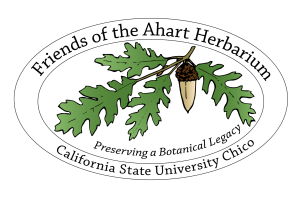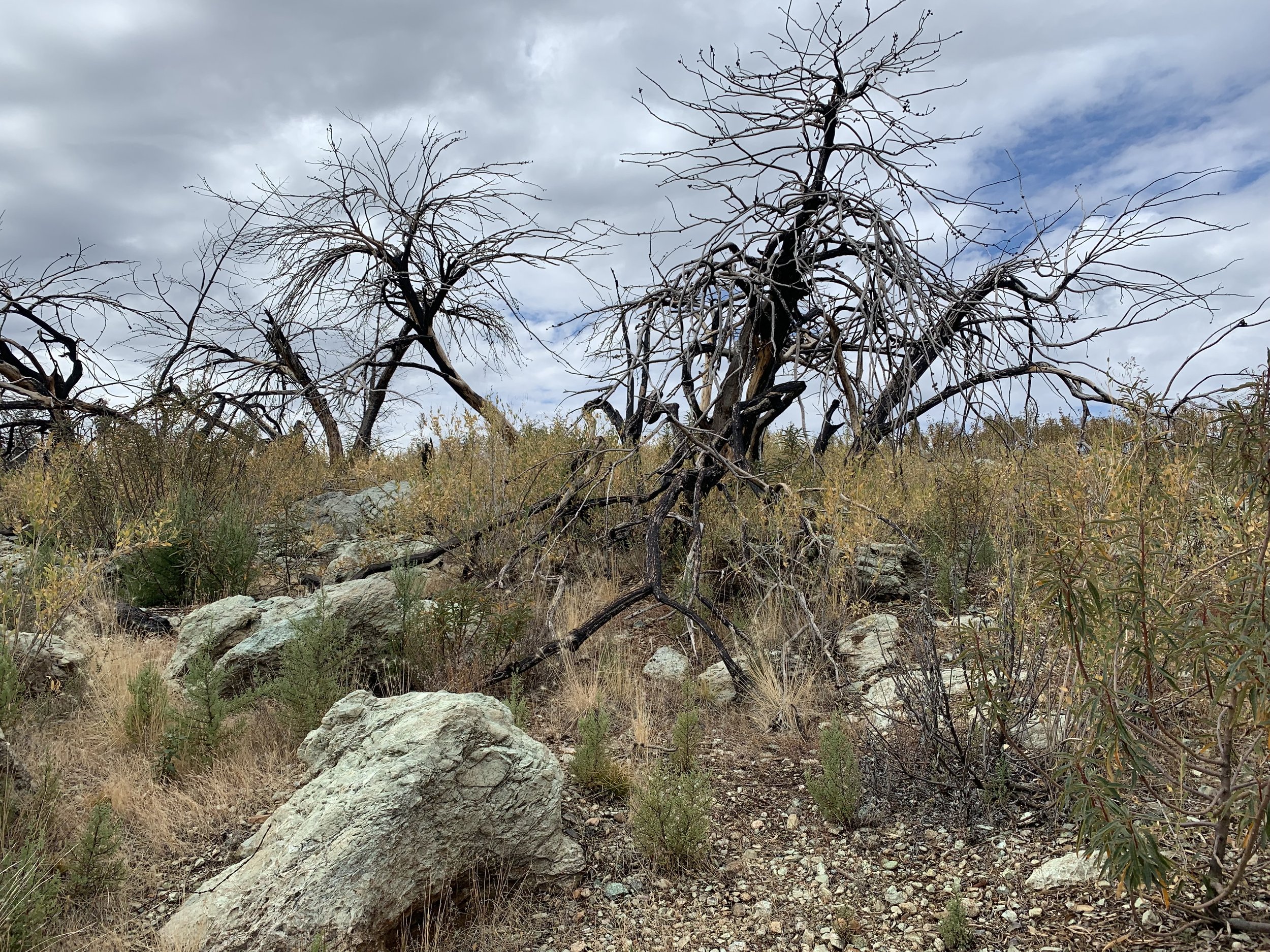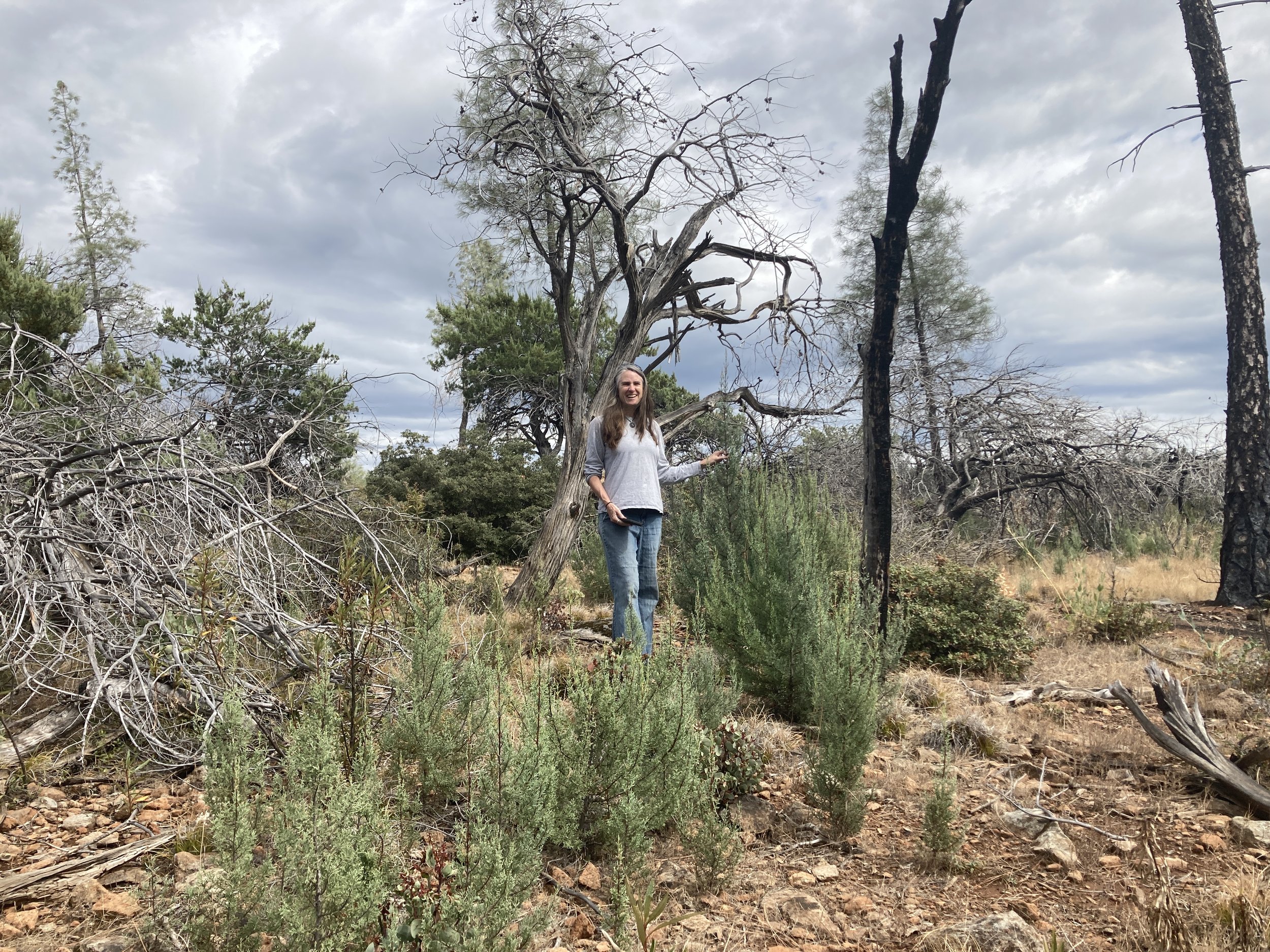Altered Fire Regimes Threaten Rare Cypress Species in Northern California
Thursday, May 15, 2025
7:00 – 8:00 PM (Via Zoom)
By Kyle Merriam
Ecologist
UDSA Forest Service, Sierra-Cascade Province
View the Presentation Here
Baker cypress (Hesperocyparis bakeri) and Macnab cypress (Hesperocyparis macnabiana) are rare serotinous conifers found in scattered, isolated populations in northern California. These cypress species depend on high severity fire to reproduce, and populations require at least 30 years to accumulate enough cones to replace the parent generation after a fire. Altered fire regimes, including a recent increase in the frequency of high severity fire, pose a serious threat to both species of cypress. Over half of both Macnab and Baker cypress populations have burned in the past 15 years and are now comprised primarily of immature seedlings. Four Macnab cypress and one Baker cypress population have been extirpated as a result of repeated fires that killed immature seedlings before they produced cones. Neither species of cypress has protected status at the federal or state level and over half of Macnab cypress groves occur on private land. In this talk we will review the status and distribution of these two rare conifers and discuss efforts to protect and conserve these two iconic, fire adapted species in northern California.
Kyle Merriam has been working as an ecologist since 1997, including positions with the US Fish and Wildlife Service, the US Geological Survey, and the US Forest Service. She has worked in the Sierra Cascade Ecology Program, serving the Modoc, Lassen, and Plumas National Forests, since 2005. As part of the Regional Ecology Program, Kyle’s career has focused on providing the best available ecological science to help inform natural resource management


